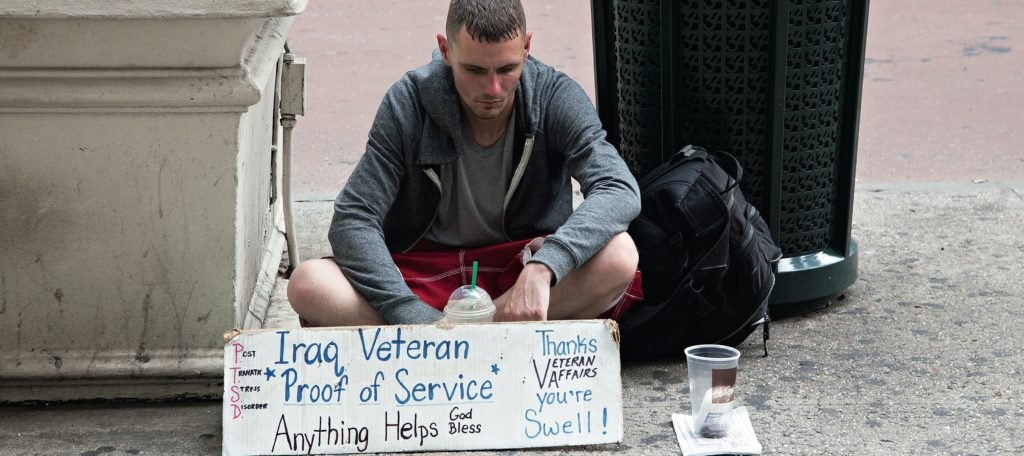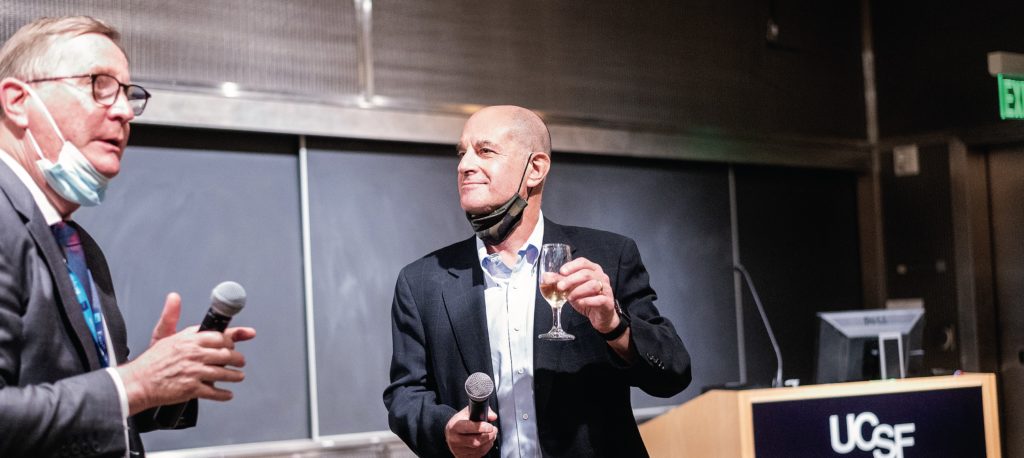Seth Holmes’s new book from UC Press, Fresh Fruit, Broken Bodies: Migrant Farmworkers in the United States, released June 10, could well change the way you look at your morning strawberries.
Holmes, an assistant professor in Berkeley’s School of Public Health, spent a total of 10 months in 2003 and 2004 traveling with Mexican migrant farm laborers as they picked berries in Washington State and pruned grape vines in California’s Central Valley. He worked with them in the fields, ministered to their medical needs (he has an M.D. from UCSF and a Ph.D. in medical anthropology from Cal and UCSF), and shared their food. He lived with them in small squalid apartments or labor camps when they were able to find shelter, and in their cars when they weren’t.
He saw men and women bent over day after day in the full sun, picking berries in fields treated with pesticides. He saw children as young as 8 or 9 working with their parents in the vineyards. He saw, as he put it, “what the most vulnerable population in the country goes through to provide food for the rest of us.”
Nor was it all straight anthropology. Holmes became friends with his subjects, a group of Oaxacan indigenes who speak Triqui, not Spanish, as their first language.
“[They] have it particularly hard. In Mexico, they face discrimination from the broader, non-indigenous Mexican population, and in the U.S., they face it from Anglos, Chicanos, and Mexican immigrants,” Holmes said during a phone interview. “Despite the fact that each adult made only between $5,000 and $8,000 each working season, they sent most of it home to their families in Oaxaca. And they did it by living frugally here.”
Conditions for workers varied significantly between Washington and California, Holmes noted—and California hardly came out ahead. “The berry farm we worked at in Washington was owned by a family who was genuinely interested in their workers” Holmes said. “But in many ways, they were constrained economically by international trade conditions. They had to compete with producers globally, and they couldn’t afford to upgrade their labor camp, for example.”
Washington producers paid the legal minimum wage or more, continued Holmes, whereas in California, workers were often paid below legal scale. “Also in California, contractors rather than the growers deal directly with the labor force. And they really put the squeeze on the workers. Instead of letting workers drive to the fields in their own cars, the contractors drove them, charging them $5 each. In Washington, the workers usually had access to nonprofit or migrant daycare centers. Not in California,” he said. “I was disappointed in California. I thought it was a progressive state, a state that cared about its workers and labor conditions.”
As part of his research, Holmes also spent time with his group in their native village in Oaxaca. At one point, he crossed the border back into the U.S. with several workers. It was a harrowing experience. They had to travel at night without lights, trekking across the open desert.
“You never knew if someone was going to rob or kill you. Luckily, our coyote [border guide] was a pretty good guy, and he was genuinely concerned about us. But we were picked up [by U.S. Immigration] and spent the night in jail. My friends were all deported back to Mexico, and I was cited for entering the U.S. without an inspection.”
Despite the dangers, Holmes says, people will continue to head north because they have no alternative. He recalls posters warning of the dangers of illegal entry into the United States.
“The posters all asked in Spanish, ‘Is it Worth It?’ But none of the people I was with—I’m sure, none of the people who crossed that night—felt like they had a choice. If they didn’t cross, if they didn’t find work, their families in Oaxaca wouldn’t survive.”
—Glen Martin




















